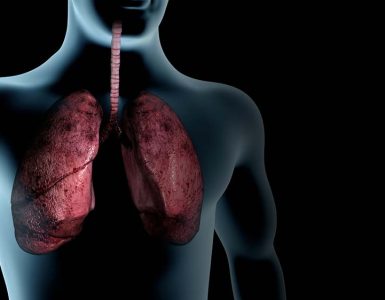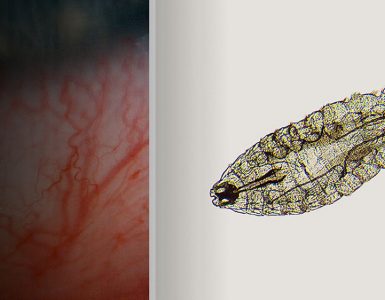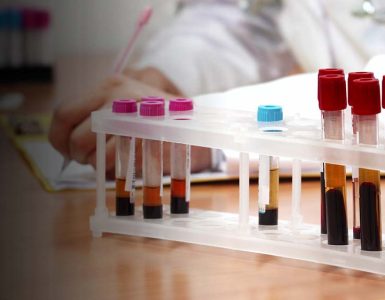Characterization and inhibition of Multidrug-Resistant (MDR) bacteria is a daunting task as it is prevalent in renal failure patients suffering from disease complications. Pathogens develop resistance to antibiotics is a high challenge and it varies according to the geographic area. Antibiotic resistance in uropathogens is increasing worldwide and it could be caused by various reasons such as misuse of antibiotics, microbial conjugation and gene transfer among natural microflora of the human body, production of enzymes by pathogenic bacteria and modification of specific site receptors that is necessary for antibiotic action.
The research published in the Journal of Medical Sciences by Ghada M. Khalil et al., 2020 studied the prevalence of MDR bacteria in hemodialysis patients and the keynote of this study was to inhibit them with Probiotics that is considered as an alternative inhibitory agent of MDR bacteria.
The pathogenic bacteria were isolated from clinical samples of 100 patients from all age ranges suffering from renal failure and are receiving long-term hemodialysis at Hemodialysis Unit, Nephrology Department, Zagazig University Hospitals, Egypt. The 100 bacterial isolates were characterized by biochemical and molecular methods in Microbiology Lab, Zagazig University Hospitals, Egypt. Then researchers studied the inhibition of MDR bacteria by cell-free supernatants (CFS) from probiotic Enterococcus faecium NM2 in vitro.
To put it succinctly, the hundred bacterial isolates were distributed into 76 % gram-negative bacilli and 24 % gram-positive cocci. Based on the characterization of isolates, seven groups were found. The susceptibility of such bacteria to antibiotics was studied and the resistant strains were characterized by 16S rRNA cataloging analysis. About 20 % of bacterial isolates were MDR.
“The sum and substance of this research are CFS that is obtained from the probiotic bacterium E. faecium NM2 inhibited the growth of four MDR bacterial strains that includes RF22, RF27, RF51 and RF57”, said Ghada M. Khalil. Researchers also recommended that hemodialysis processes must be carried out under completely aseptic conditions.
Source Story
Ghada M. Khalil, Ibrahim El-Balat, Azza Abou Zeid, Abdul-Raouf Al-Mohammadi and Gamal Enan, 2020. Prevalence, Characterization and Inhibition by Probiotics of Multidrug Resistant Bacteria Isolated from Renal Failure Patients Undergoing Hemodialysis. Journal of Medical Sciences, 20: 1-12.
















Add comment